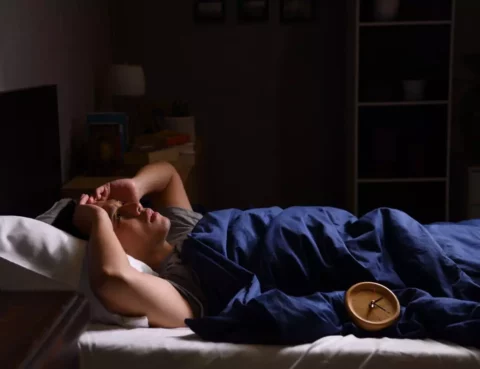
Occasional sleep disturbances are, as a rule, reported by 10 to 30% of the general population. The prevalence of the problem increases with age. Older people have insomnia, and there are many reasons for this. About 10-15% of the world’s population has insomnia, almost every 10 inhabitant. The problem is common, and the cause is…

Concussions are a common type of traumatic brain injury (TBI). They often result from sports injuries, accidents, or falls. They are typically considered mild compared to more severe TBIs. But trauma can have a significant impact on mental health. In this guide, we will explore the relationship between concussions and mental health. We will examine…

With the appearance of a specific disease in a person, they learn more and more about it. Patients become aware of many facts about the disease and myths. But if you or your loved one has Parkinson’s disease, it is crucial to learn the facts about it. Knowing reliable info about this condition will make…
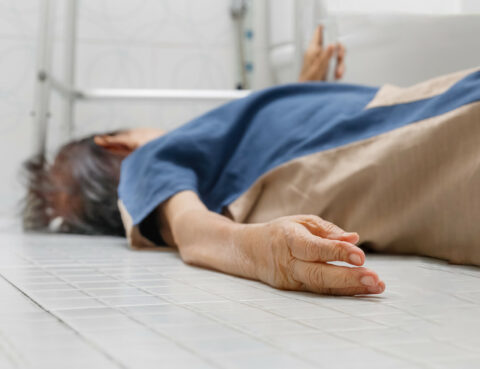
Knowing how to help a person in such a situation is very important. Several erroneous actions can cause significant harm to the victim. So you should never take them in an attempt to help. Thus, we recommend you further read our article to become more informed. In addition, in some patients, such situations occur several…
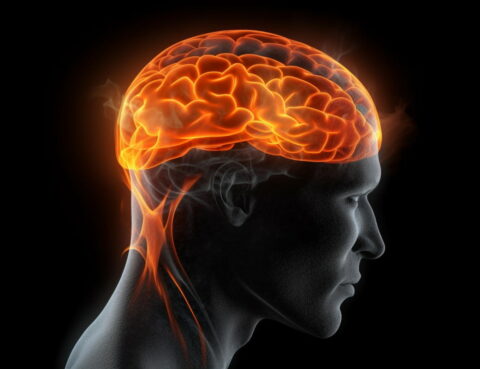
Seizures can cause a wide range of symptoms. They range from short-term loss of consciousness to convulsions. It can also be changes in mental status. Most attacks do no lasting damage. But repeated or prolonged сonvulsions can cause significant brain damage. Understanding the main mechanisms of seizures is essential to be aware of seizures brain…
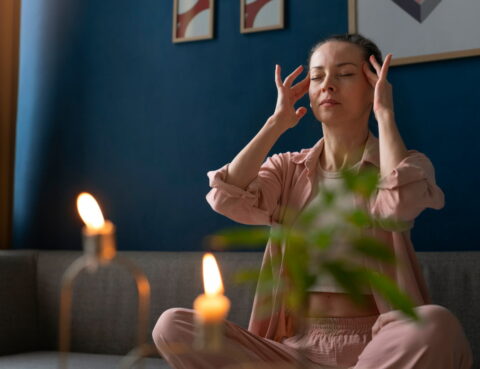
The nerve network is a complex network of nerves and cells. They work for the transmission of signals among various body regions and the brain. It enables us to move, think and feel. It plays a critical role in maintaining our overall functioning. Stress, unhealthy lifestyle, and various external factors can damage our nervous network…
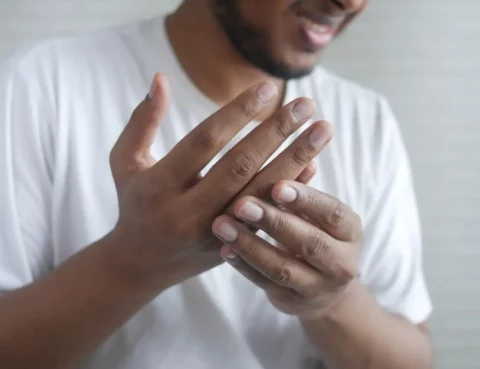
Pinky finger numbness in both hands is a common problem faced by many men and women, regardless of age. Numbness in the hand or fingers needs a serious approach to diagnosis and treatment. As it can hide a variety of diseases of the: cardiovascular; musculoskeletal; other organ systems. Numbness in pinky fingers entails difficulties in…
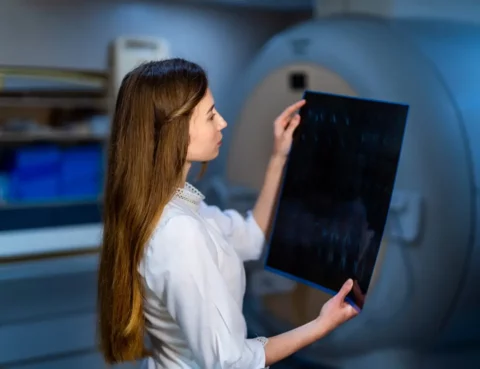
Do you need to visualize your internal organs and tissues? Fortunately, modern medicine gives patients such an opportunity. All you need to do for this is to use X-ray tomography. It is one of the most powerful and safe tools in disease diagnosis. This method is based on the use of X-rays. They penetrate the…
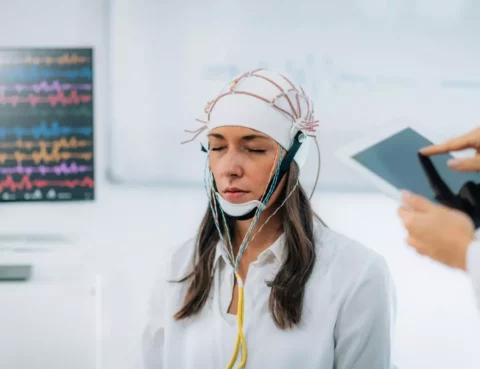
EEG plays a crucial role in the diagnosis and management of convulsions. EEG is a non-invasive technique. It measures and records the electrical activity of the brain. It captures the synchronized electrical potentials generated by the brain’s neurons. And it provides valuable insights into the underlying neural activity. In the context of convulsions, the EEG…

Do you feel the ache in the pelvic area for 6 months? Probably, it is chronic pelvic pain syndrome. It is an actual problem for both women and men. The condition has a severe impact on well-being and overall quality of life. Besides discomfort and pain, it brings constant stress, depression, and sexual ailment. The…
